A story published by National Public Radio (NPR) titled “One of Biden’s Biggest Climate Change Challenges? The Oceans,” claims human carbon dioxide emissions are acidifying the oceans, posing a threat to shellfish and other marine life. Data show this is false. Oceans are and have been alkaline for millions of years and there is no evidence this will change. In addition, marine life, like vegetation on land, is benefiting from modestly higher carbon dioxide levels.
“Ocean scientists say the Biden Administration is taking office at a critical time,” writes NPR. “In addition to warming, the ocean is also becoming more acidic because it’s absorbing carbon dioxide from the atmosphere, posing a significant threat to oysters and other shellfish.”
Oceans have warmed modestly and carbon dioxide concentrations have increased, but evidence discussed in Climate at a Glance: Ocean Acidification shows oceans are not under threat of becoming acidic. Research also shows the modest warming and carbon dioxide increase has been a boon for sea life.
A pH of 7 is considered neutral. Anything below 7 is considered acidic, and anything above alkaline. Ocean pH averages 8.1, which is alkaline.
Unverified computer model simulations have estimated ocean pH has declined by a modest amount since the Industrial Revolution began, from pH 8.2 to 8.1 since 1750. This is neither alarming nor detrimental to marine life.
By contrast, recent research from scientists at the CO2 Coalition, Ocean Health – Is there an “Acidification” problem?, documents ocean health improves rather than suffers with more carbon dioxide. CO2 is food for phytoplankton that forms the foundation of the marine food chain. Also, studies show marine life thrive and enhance their growth rates in elevated CO2 conditions.
The oceans face a variety of problems that NPR could cover – from overfishing, to pollution, to localized eutrophication – but acidification is not one of them. This is another instance of the corporate media ignoring facts and instead hyping fears to push climate alarmism. So much for truth in journalism.



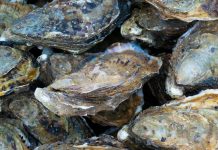




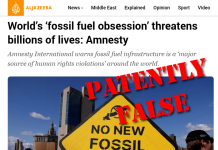
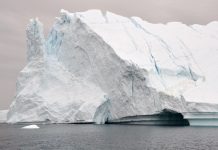

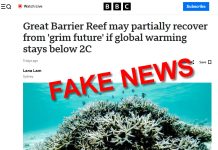


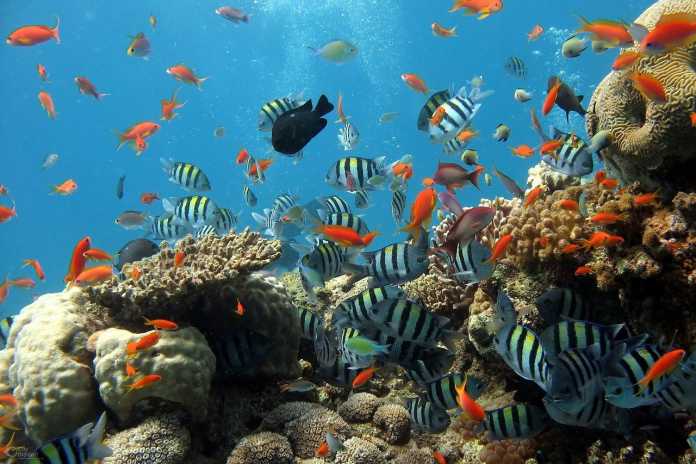







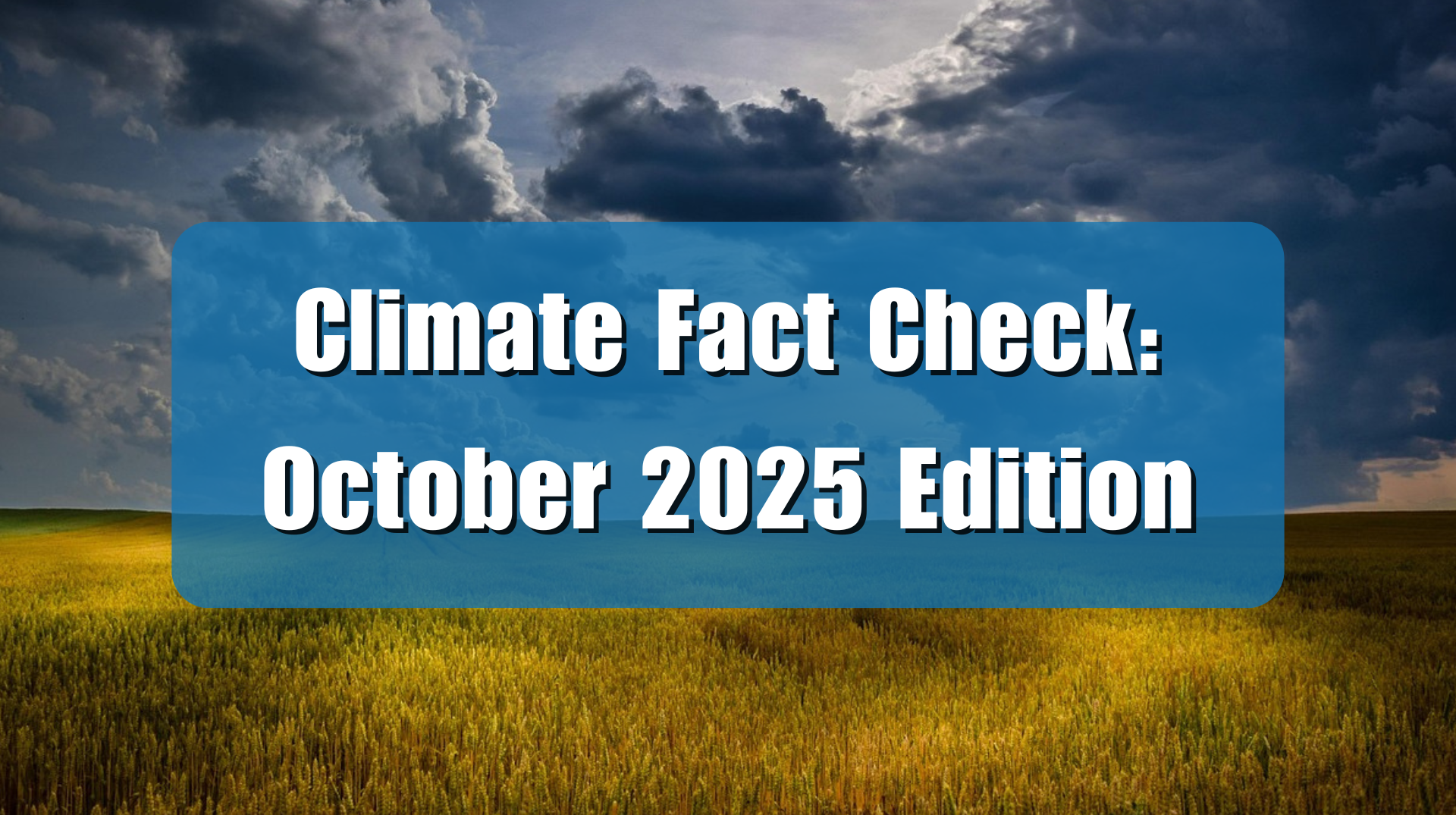

If you read the article again you can answer all of your own questions as the author not only cites his sources but provides direct links to them in color so you can’t (but somehow you obviously did) miss them.
It is indeed a problem a review of the actul peer reviewed literature exposes your lies.
https://www.ncbi.nlm.nih.gov/pmc/articles/PMC2919925/
https://www.ncbi.nlm.nih.gov/pmc/articles/PMC2817176/
https://news.harvard.edu/gazette/story/2019/02/ocean-acidification-shown-to-have-negative-impact-on-fish-skeletons/
Your so called peer reviewed articles are rubbish! That is because the first 2 articles were done in lab environments and the last one was not a peer reviewed article. Studies have shown that the oceans are well buffered against acidification. Your articles are preceded by the word could!
https://principia-australia.org/the-hoax-of-ocean-acidification/
The Hoax of Ocean Acidification
First and foremost, ocean pH is not a linear chemical system driven only by Henry’s law; it is a system highly buffered by dissolved minerals and seafloor carbonates. Taking seawater chemical buffering into account, IPCC AR5 3.8.2 suggested that doubled atmospheric CO2 might cause surface pH to decline by Δ0.15-0.2, less than half of AR4. This is well within the normal diurnal and seasonal biological seawater pH variation for almost all ocean waters. It is no cause for the alarms sounded by the Seattle Times series Sea Change.